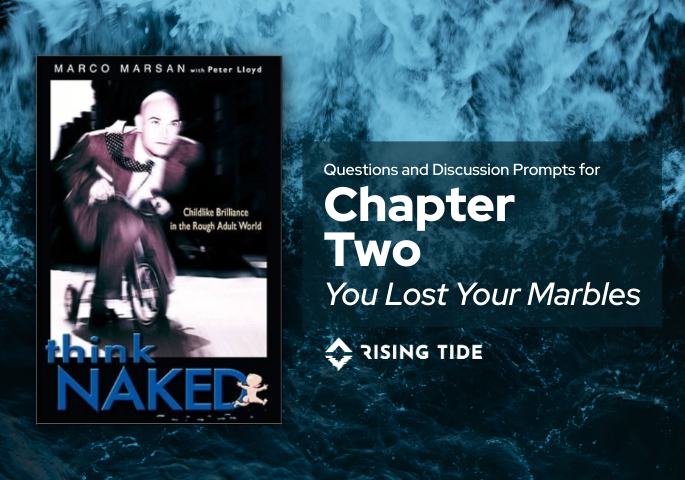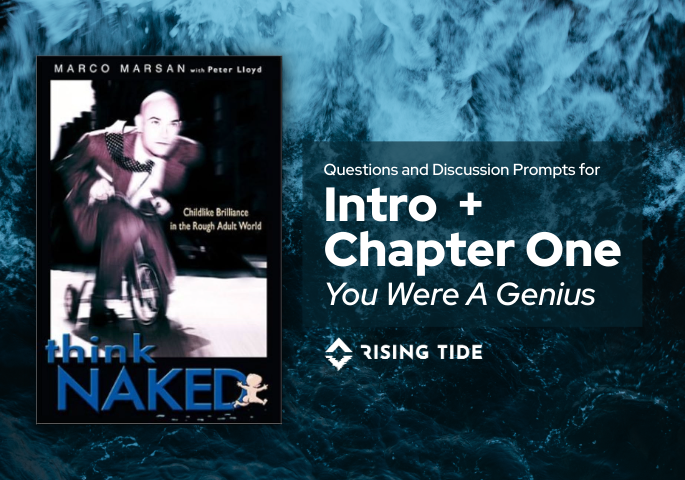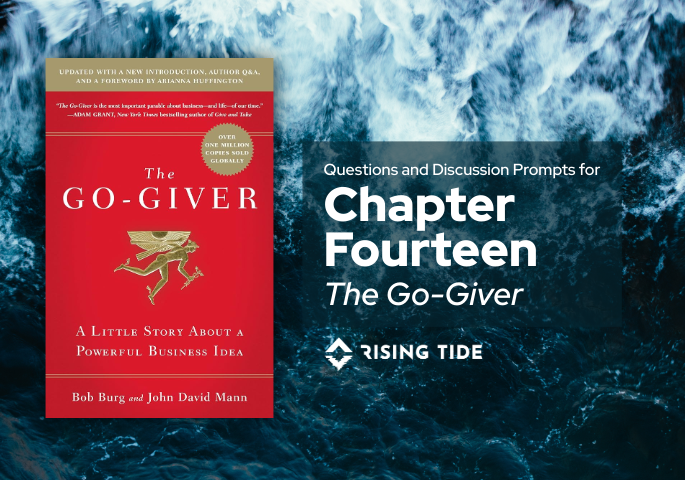By
Mendy Green
June 9, 2021
•
20 min read
Business

In any business where you’re not billing Time and Materials, the amount of time you spend on a project directly correlates to how profitable you are. In an MSP, this applies even more. MSP Businesses were designed years ahead of their time, bringing into practice concepts such as recurring revenue, outsourcing, efficient resources, and more; before people even realized the value. It’s the reason that today the MSP Businesses are blowing up with everyone you meet starting their own. Unfortunately, there’s a complex side to the framework of an MSP that is very often overlooked, especially by those just starting out.
Let’s discuss how the MSP business model is built. MSPs pitch to their prospective clients that they can provide the same level (or often times better) IT Services to their organization than they themselves can find if they go with someone internally. They ask for less money, and offer a bigger team with greater experience. These same MSPs then have to turn around and hire the same people that would have been hired directly, and not just one, but two or three or more depending on the size of the MSP.
MSPs have to pay the same salary with a smaller budget. How can these numbers possibly work?
This is where efficient resources come in; an MSP needs to stack multiple clients reusing the same resources for each client so that together all the clients combined pay enough money for the MSP to pay the technicians salary and make a profit. The income also needs to cover all base expenses of the MSP which includes infrastructure such as an RMM, PSA, Email, Phones, over-night team for emergencies and so on.
With an internal IT resource, that resource would be solely focused on the business they were working for and getting paid a full salary of say $52k/year, now the same resource at an MSP is getting paid $52k/year and needs to stay on top of not one company IT needs, but actually 3 or 4 (or more depending on the contract size of each). This kind of expectation is unreasonable and when maintained results in high-stress work environments and eventual burn out for the technician. The saying “trial by fire” is very applicable to the technicians who work at an MSP. They are under constant barrage of tickets and stress, jumping from company to company each ticket wildly different from the next. This makes them unusually skilled and also rapidly exposes them to a wide range of experience they may not have received working for just one company. A good MSP technician of the lowest tier can easily go head to head in ability (if not knowledge) to a mid-tier internal IT resource.
Now keep in mind that when MSPs started we were a new phenomenon. There was no standard to follow, no existing business to copy, except for the existing internal IT department within a Company. We didn’t know what kind of pay structure was fair to offer a Tier 1 or Tier 2 technician because there was no “average pay” metric. The only thing we did know is that we are building a business with a stress on smaller dollar amounts per client, and more total clients. This means what we paid our technicians had to be less too, or that we keep the MSP as lean as possible with only the amount of technicians truly needed. Following the 80/20 rule we determined that 80% of the time with our clients running smoothly we would be fine and only 20% of the time when some kind “perfect storm” would occur we would need to motivate our technicians to put in more effort (or what was generally called “figure something out”).
What’s being described is not a sustainable long term plan. Simon Sinek likes to stress that business is an Infinite Game and that those who are not playing by those rules are doomed to failure eventually. The only way to stay in the game is by having resources, and the will to keep playing. We’ve already established that MSPs do not have the same pockets as a normal business, not without drastically imposing upon “will”, our employees, making them work in stressful environments and constantly being battered by the next broken issue.
The fix for this is easy, and its an iteration of what we already started. Efficient use of resources. Efficiency can help us spend less time per ticket, less time per client, and improve our technicians stress in the environment. There are two side to the efficient use of resources, one of which we already started (Sharing resources among companies) but the other is often overlooked “Work load management”. If we can make our work load efficient we can easily improve upon all the issues we just brought up. Here are some ideas that can be used to help facilitate the efficient workload.
Efficient resources is way more than just sharing resources. Making your workload efficient is just as important. Remember how profitable you are directly correlates to how efficient you can be
Remember, in the MSP business time isn’t a loss of potential profit, its actual profit lost as your contracted rate is the same every month. Automation and bulk actions are extremely important as the less time you spend doing something the more your Per Hour amount goes up.

This discussion guide is part of Rising Tide’s Winter 2026 book club, where we’re reading Think Naked by Marco Marsan.
If you’re just joining us, here are a few pages you’ll likely benefit from:
“If you want to be more creative, stay in part a child, with the creativity and invention that characterizes children before they are deformed by adult society” - Jean Piaget
In Chapter 2, You Lost Your Marbles, Marco Marsan explores how people don’t simply “grow out” of creativity — they are systematically conditioned out of it. The chapter argues that over time, fear, rigid rules, institutional norms, and social conformity slowly strip away curiosity, playfulness, and experimentation.
Marsan frames this loss through several forces:
The chapter opens with a consulting story where a leader dismisses Marsan outright, using it as a framing device to explore how organizations often reject discomfort, challenge, and unconventional thinking — even when they claim to want innovation.
Use these open-ended prompts to guide reflection and conversation. Remember, there are no right answers!
Rising Tide helps MSPs and service-focused teams build better systems: the kind that align people with purpose.
Every Friday at 9:30 AM ET, we host Rising Tide Fridays as an open conversation for MSP owners, consultants, and service professionals who want to grow both professionally, technically, and emotionally. In Winter/Spring 2026, we’re walking through Think Naked.
If that sounds like your kind of crowd, reach out to partners@risingtidegroup.net for the Teams link. Bring your coffee and curiosity…no prep required.

This discussion guide is part of Rising Tide’s Winter 2026 book club, where we’re reading Think Naked by Marco Marsan.
If you’re just joining us, here are a few pages you’ll likely benefit from:
In the introduction and first chapter, Marco Marsan proposes to the readers that creativity is not lost as we age — it is trained out of us. He cites research suggesting that young children test at very high “genius” or creative problem-solving levels, and that this capacity sharply declines by adulthood.
To return to this childlike, “genius” mindset, Marsan introduces five “rules” that mirror how children naturally engage with problems:
Use these open-ended prompts to guide reflection and conversation. Remember, there are no right answers!
Rising Tide helps MSPs and service-focused teams build better systems: the kind that align people with purpose.
Every Friday at 9:30 AM ET, we host Rising Tide Fridays as an open conversation for MSP owners, consultants, and service professionals who want to grow both professionally, technically, and emotionally. In Winter/Spring 2026, we’re walking through Think Naked.
If that sounds like your kind of crowd, reach out to partners@risingtidegroup.net for the Teams link. Bring your coffee and curiosity…no prep required.

This discussion guide is part of Rising Tide’s Fall 2025 book club, where we’re reading The Go-Giver by Bob Burg and John David Mann.
If you’re just joining us, here are a few pages you’ll likely benefit from:
In the final chapter of The Go-Giver, we meet Claire, who is on her way to meet the partners behind an amazingly (even stratospherically) successful new business: Rachel’s Famous Coffee. Chapter 14 ties up the story of The Go-Giver in a neat little bow, showcasing the stratospheric success possible, and encouraging us to share the secret with others along the way.
Use these open-ended prompts to guide reflection and conversation. Remember, there are no right answers!
Rising Tide helps MSPs and service-focused teams build better systems: the kind that align people with purpose.
Every Friday at 9:30 AM ET, we host Rising Tide Fridays as an open conversation for MSP owners, consultants, and service professionals who want to grow both professionally, technically, and emotionally. Our book for 2026 Quarter 1 is Think Naked: Childlike Brilliance in the Rough Adult World by Marco Marsan.
If that sounds like your kind of crowd, reach out to partners@risingtidegroup.net for the Teams link.
Bring your coffee and curiosity…no prep required.